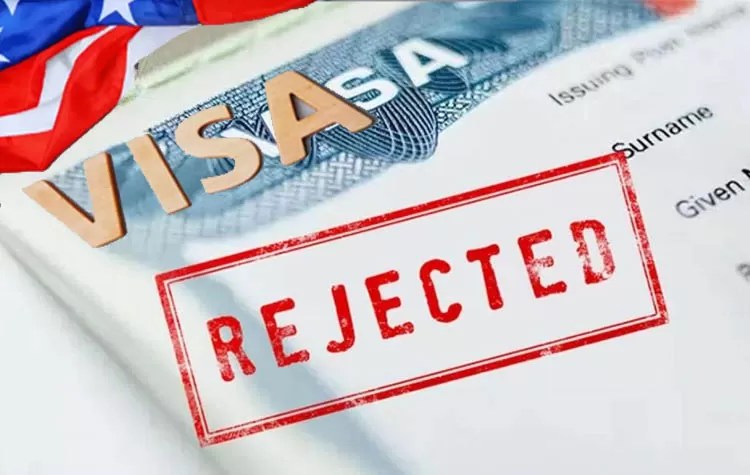
New US Immigration Policy Aims at Internet Content
The US has unveiled a new immigration policy linking visa qualification to social media posts of applicants. Those who share or promote anti-Semitic posts online could be denied a visa or even have their visa revoked under the new rules. The guideline covers all classes, including student visas and green card seekers. The US Citizenship and Immigration Services (USCIS) said the policy is already in place as part of a larger initiative to enhance national security through online screening.
US officials have made it clear that aid to groups designated as terrorist organizations Hamas, Hezbollah, the Houthis, and Palestinian Islamic Jihad are considered anti-Semitic activities. Posts deemed positive towards them could result in severe immigration repercussions.
Social Media Monitoring Now a Key Part of Immigration Screening
The USCIS has assured that it is closely tracking the social media profiles of those seeking different immigration benefits, such as visas and permanent residence. The move aims to keep out those who have shown support for extremist groups. Posts showing sympathy or affiliation with terrorist groups can bar applicants from obtaining a visa or green card.
Government officials said that even indirect assistance like reposting, liking, or retweeting messages from terrorist-affiliated groups could be a reason for immigration ineligibility. The policy is part of an overall shift toward digital vetting, in which online conduct is considered as part of background screening. The USCIS says that these activities are part of a national security effort to make sure that people with extremist ideologies do not gain legal status in the United States.
Statements from US Homeland Security Officials
Tricia McLaughlin, Department of Homeland Security spokesperson, reiterated that the United States is not under any obligation to accept or harbor those who advocate extremist ideologies. She assured that anyone discovered posting anti-Semitic material or advocating terrorist organizations on the internet would be disqualified from visa approval or permanent residency. For those already possessing valid visas, such behavior could lead to revocation of their status.
Authorities confirmed that such measures apply to existing applicants as well. Existing visa holders also face periodic scrutiny, and contraventions whether or when the posts were made is a potential trigger for deportation. The directive emphasizes the growing importance of digital trails in determining immigration fate.
Final Comments on the New US Social Media Policy
Overall, the US government's inclusion of social media vetting in its immigration process represents a policy pivot. By going after anti-Semitic postings and any enabling activities for groups that are listed as terrorist organizations, authorities are seeking to exclude extremist elements. Candidates are now being encouraged to examine their online activities closely, as internet traces increasingly become determinative in visa and green card approvals.
This policy supports a national security approach to balancing the preservation of civil society with encouraging legitimate immigration practices. Immigration specialists encourage potential applicants to have a positive and responsible web presence in order to be in compliance with such strict regulations. As the policy continues to advance, keeping abreast of such new standards is crucial for those who seek entrance into the United States.













